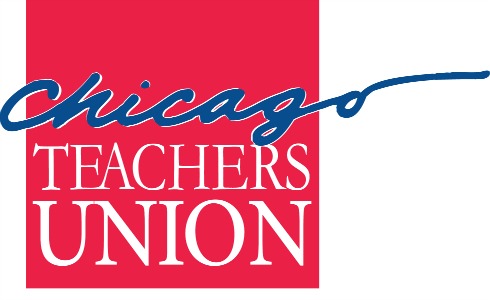
Chicago Public Schools has engaged in widespread “educational apartheid” by forcing predominantly African-American students into privately run charter schools that often perform worse than their old schools and employ relatively few black and Hispanic instructors, the Chicago Teachers Union is charging.
In a new report being issued today, the union in unambiguous terms makes a racial claim, contending that white businessmen and charter operators are gaining from what it calls “the chaos of (public) school closings” and “the dishonesty of underutilization.”
“Chicago is the most segregated city in the country, and our students of color are routinely deemed as second-class by a system that does nothing but present one failed policy after the next,” says CTU President Karen Lewis in a forward to the report, which comes as CPS considers closing 100 or more schools it says are underpopulated.
Under the terms of CTU’s embargo on the report, which was prepared by five researchers working for the union, I wasn’t allowed to share it with CPS or with charter operators. Expect major blowback later today.
But word of the general conclusions has leaked out. CPS already is challenging some of them.
“The fact is that CPS simply has too many underused buildings, and too few students,” said Chicago Public Schools chief executive Barbara Byrd-Bennett in a statement Thursday night. “Much of this is due to Chicago having 112,000 fewer school-aged children than the last decade, resulting in dwindling school populations.”
She continued, “More than half of our schools are underutilized and nearly 140 are half-empty. This is spreading our resources and taking away precious dollars that instead could be invested” in educational programs.
At the core of the report is the contention that earlier waves of CPS closures and consolidations overwhelmingly impacted African-American students, who make up 88 percent of those in affected schools. Such closings “tear apart school communities, disrupt deep and strong relationships between students, parents and teachers, and dismantle organizations which are often students’ only centers of stability and safety.”
Such actions also endanger the jobs of CTU members, something the report neglects to mention.
The report appears to be correct that some vacancies in public schools have arisen because new privately run charter schools have opened. Chicago charters now have a collective enrollment of about 50,000, roughly half of the 100,000 district-wide vacancy figure that school officials have mentioned.
What surely will be debated is another finding: CPS schools do a better job of educating poor black students in overwhelmingly black schools than charters do.
For instance, the report mentions elementary students in schools where 90 percent of students are African-American and 90 percent qualify for free lunches. Those students score in the 43rd percentile on reading tests, compared to 33 percent in similar charters, the report says.
Another big claim: teachers of color have a relatively difficult time finding jobs at charters. In the Latino-run UNO charter network, for instance, the student population is 95 percent Latino, but only 11.6 percent of the teachers are. Similarly, in the Noble Street network, 95 percent of students and 19 percent of teachers are black or Latino.
The report arguably is on to something when it says Chicago needs to do a far better job of hiring truant officers to make sure kids are in school, and of investing in, rather than shutting down, some poorly performing schools.
But it pays a statistic trick on page 26, where it lists “cost per student” for a school system’s CEO. Of course the figure is a lot lower in CPS, which has several times the number of students of even the largest charter network.
There’s a lot more here. But the real news is that the teachers union, which played hardball with Mayor Rahm Emanuel during the recent strike, is doing so again, only this time making an overt racial point.